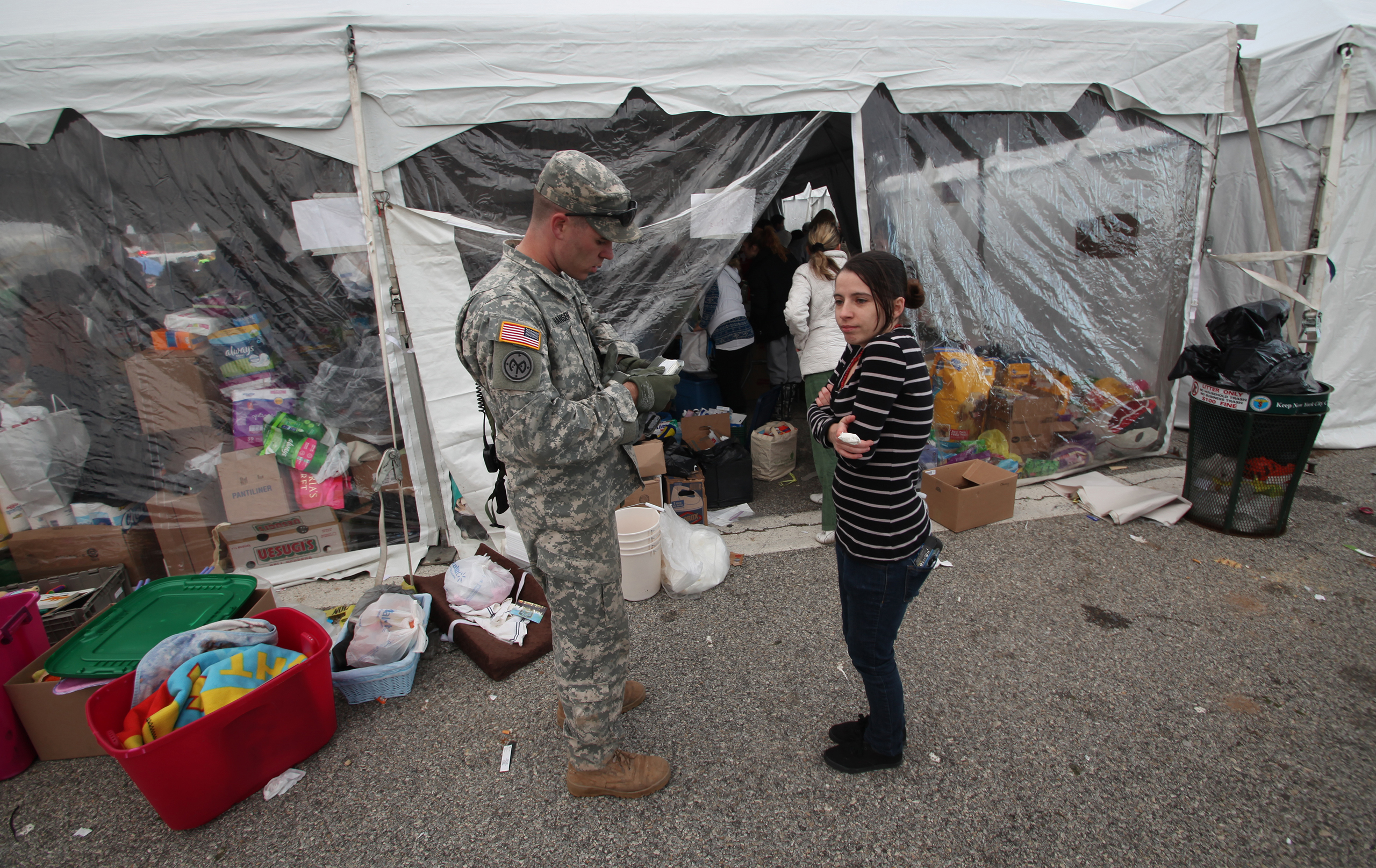
Improving disaster response and relief
Award supports supply chain professor’s research to develop coordination tool that connects humanitarian organizations and government bodies
The lack of research in humanitarian settings magnify natural and human-made disasters. This will soon change, thanks to a professor’s work.
The Defense Advanced Research Projects Agency (DARPA) recently awarded Assistant Professor of Supply Chain Management Mahyar Eftekhar the 2018 Young Faculty Award (YFA). The award identifies rising research stars in U.S. academic institutions and introduces them to topics and issues of interest to the Department of Defense. It will support his work, which concentrates on nonprofit operations management and humanitarian logistics.
For two years, DARPA is funding Eftekhar’s research to coordinate disaster relief operations. If successful, humanitarian organizations and government entities could share resources to effectively and efficiently respond to disasters, according to Eftekhar.
While both humanitarian organizations and government entities such as military forces are involved in disaster relief, the relationship between the two is neither adversarial nor cooperative, and is seen as insurmountable.
Designing a coordination mechanism for a supply chain is a significant concern, which is why there is an extensive body of literature exploring the topic. Yet Eftekhar says all the references concentrate on coordination mechanisms among business entities.
“The results of these studies are not applicable in humanitarian settings because humanitarian organizations encounter a different set of challenges, limitations, and incentives," Eftekhar explains. “It is important to highlight that developing coordination mechanisms without an analysis of the drivers of coordination decisions and understanding the incentives/disincentives behind it may not be credible. This means that we need to learn the context of humanitarian logistics very well before jumping into mechanism design. I hope my research fills this gap.”
DARPA only recognizes high-impact research, providing a connection between research and industry. “I am truly honored that my works have received this attention from DARPA, and I am looking forward to communicating the results of the research with practitioners and policymakers in the humanitarian sector.”
The deadline for the first stage of Ektekhar’s research is July 1, 2020, and the second stage is 12 months later in July 2021. “I believe the results of our work can be adapted to many other nonprofit sectors,” he says. “Having said that my main goal is to improve the resilience of humanitarian supply chain in response to rapid-onset disasters.”
Still, Ektekhar admits he almost didn’t apply for the prestigious DARPA YFA because it’s rare for business faculty to win these types of awards. DARPA typically supports other disciplines of research. It was colleagues who encouraged him to go for it. "To the best of my knowledge, I’m the first business faculty to win this award,” he says.
“DARPA funds some of the most interesting research in the Department of Defense – high-risk, high-reward, with game-changing impact,” says Jamie Winterton, chair of the DARPA Working Group at ASU’s Global Security Initiative. “Mahyar’s work, recognized by this prestigious award, has the potential to radically improve our approach to disaster relief and humanitarian assistance.”
Latest news
- Consumer confidence decreases as many grow concerned about financial prospects
A W. P.
- A connection that began at W. P. Carey comes full circle
W. P. Carey Cupids Maura Scott and Martin Mende return as faculty.
- Hobbs wants a bigger share of Arizona sports gambling revenue. Is that feasible?
An ASU marketing expert weighs in on the potential impacts of increasing sports betting taxes.…